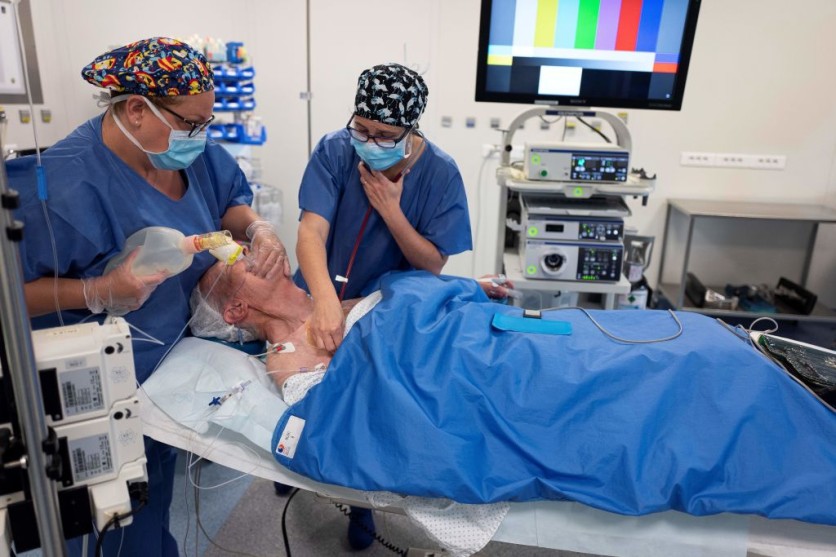In a bid to enhance pediatric cancer treatment, researchers at the University of Notre Dame, in collaboration with the Hospital Infantil de México Federico Gómez (HIMFG), are leveraging artificial intelligence (AI) to monitor chemotherapy complications.
This initiative addresses a critical gap in post-treatment care for children battling cancer in Mexico, where it stands as the second leading cause of death among this demographic.

AI Tracking Chemotherapy Complications
Nitesh Chawla, Professor of Computer Science and Engineering at the University of Notre Dame, and Angélica García Martínez, a postdoctoral research associate at the Lucy Family Institute, spearheaded the project.
Their mission is to establish a system that tracks chemotherapy complications, catering to the needs of caregivers and medical professionals alike. The collaboration aims not only to digitize clinical data but also to incorporate social determinants of health, empowering physicians with AI-driven insights for more effective patient management.
At the heart of the endeavor lies the development of an AI model tailored to assess pediatric patients who have developed neutropenia, a condition characterized by a lower-than-normal white blood cell count post-chemotherapy. This condition affects approximately half of pediatric patients and increases the risk of infection.
The model's output predicts the likelihood of patients with neutropenia experiencing adverse outcomes, including infection, internal bleeding, neutropenic enterocolitis, persistent neutropenia, or septic shock and mortality.
This predictive capability is set to optimize resource allocation in the hospital, particularly given the constraints of available space and beds.
Jennifer Schnur, a doctoral student in computer science involved in the project, emphasized the importance of creating a model that not only delivers accurate predictions but also offers a comprehensible representation.
Striking this balance ensures that healthcare workers can derive actionable insights from the data, ultimately improving hospital processes.
However, a significant challenge lies in the need for comprehensive and accurate data, particularly in a Mexican healthcare system still reliant on paper records. The Lucy Family Institute devised a data collection app to bridge this gap.
As the project advances, researchers gather a comprehensive overview of patients' oncology journeys, encompassing background information, social and economic determinants of healthcare access, oncology service utilization, emergencies, hospitalizations, and infection history.
While adapting to these new processes has posed a learning curve for hospital staff and caregivers, the initiative has already enrolled 264 families in its pilot study.
Ultimate Goal
The ultimate goal is to provide a holistic understanding of the risks and variables post-chemotherapy, factoring in not only the patients but also their family and community context.
This nuanced approach aims to guide discharge decisions with greater precision, contributing to improved patient outcomes. The data collected serves a dual purpose, primarily supporting the AI model. However, it also functions as a surrogate electronic medical records system for the hospital, benefitting patients in a tangible way.
This underscores the potential of technology-driven solutions to augment healthcare delivery, particularly for underserved populations. Looking ahead, the researchers are embarking on a prospective study with HIMFG, integrating social determinants of health data.
This strategic expansion aims to refine data collection processes and develop more comprehensive AI models, offering a broader spectrum of insights for physicians' decision-making. The team's findings were published in the Journal of the Pediatric Infectious Diseases Society.
Related Article : AI Could Speed up Breast Cancer Scans, New Study Shows

![Apple Watch Series 10 [GPS 42mm]](https://d.techtimes.com/en/full/453899/apple-watch-series-10-gps-42mm.jpg?w=184&h=103&f=9fb3c2ea2db928c663d1d2eadbcb3e52)



